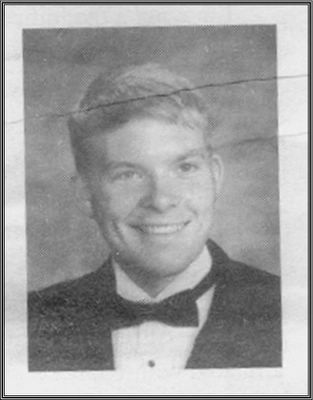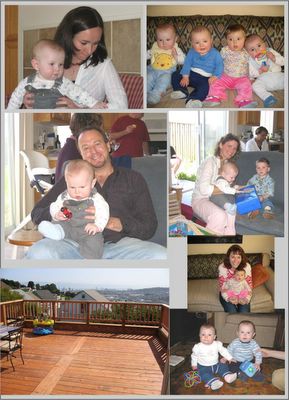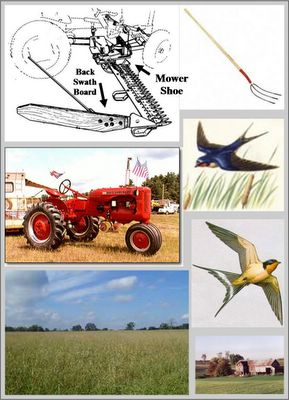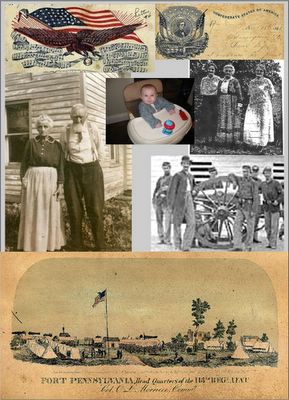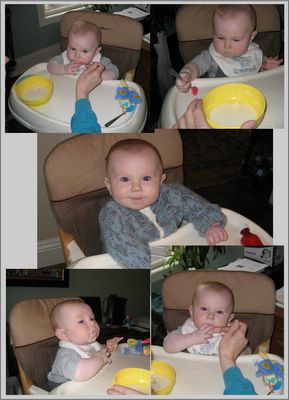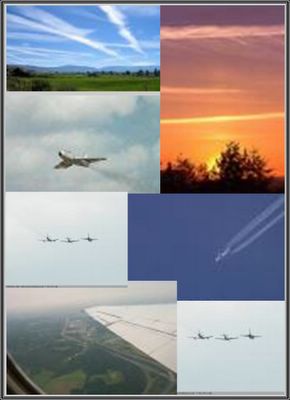

I was working in the milk house singing “Seven Lonely Days”
When I heard my first jet aircraft flying by
I think it was the Saber Jets from the SAC base out in Rome
That left those crisp white contrails in the sky
And after that I seemed to hear and see jet planes a lot
When the mountain skies were cloudless blue & clear
And I thought it must be always clean and cool up in that plane
While we worked in dust and grease and dirt down here.
I recall the old Case baler and a sea of seed and dust
As we pulled those “blocks” and pushed those wires through
And I’d see the long jet contrails like the white foam on the sea
And there had to be a better job to do.
I was “Leaving On A Jet Plane” long before the song was sung
As the summer gnats & horse flies buzzed my head
“Where the rain never falls and the sun always shines”
Was a lyric still unwritten in the attic in my bed.
“Away and westward bound, high above the clouds she’ll fly”
Was a thought that seemed to help us while we toiled
In the winter in the snow, in the spring time cool & wet
In the summer when the dust & hayseed boiled.
Now when I fly and see the country roll out far below
An I think of those old hard days on the farm
I don’t look back in anger, I just always look ahead
And realize it didn’t do us harm
And I wonder if there’s not some kid who’s watching us fly by
And he’s stuck there doing some damn dirty task
And he wishes somehow someway he was up here in this plane
And then I think...
“Tough shit, son, kiss my ass.
“I broke my butt while driving truck to get out of the shit
So if you want out, just suck it up and do your own damn bit.....
SEVEN LONELY DAYS
Recorded by Bonnie Lou
Written by Marshall Brown, Alden Shuman & Earl Shuman
[C] Seven Lonely Days, [F] make one lonely [C] week
[G7] Seven lonely nights, make [F] one lonely [C] me
Ever since the time, you [F] told me were [C] through
[G7] Seven Lonely Days, I [F] cried and cried for [C] you.
CHORUS
[F] Oh my darling you're [C] crying, boo [C7] hoo hoo [F] hoo
There's no use in [G7] denying, I cried for [C] you
[F] It was your favorite [C] pastime, making me [F] blue
Last week was the [G7] last time, I cried for [C] you.
Seven hankies blue, I filled with my tears
Seven letters, too, I filled with my fears
Guess it never pays, to make your lover blue
Seven Lonely Days, I cried and cried for you.
CHORUS
